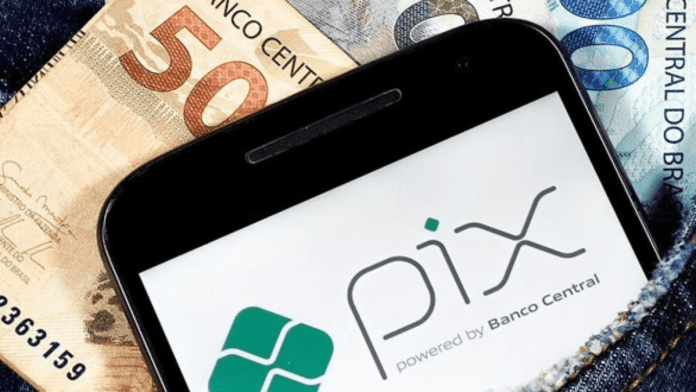🕒 Last updated on July 8, 2025
Massive Cyber Attack Shakes Brazil’s Financial System
Brazil’s Central Bank has taken urgent action after a serious cyber attack caused the loss of at least R$400 million. Three companies connected to PIX, the country’s popular instant payment system, were suspended. These companies are Transfera, Soffy, and Nuoro Pay.
PIX is used by millions of Brazilians to send money quickly and safely. But this week, something went very wrong. Hackers broke into the system of a company called C&M Software, which connects banks and other financial services to Brazil’s main payment network.
Even though C&M doesn’t move money itself, it plays a key role in helping banks talk to the Central Bank. Through this system, criminals were able to steal money from the special accounts banks keep at the Central Bank. These accounts act like savings accounts for the banks, held in trust by the government to meet safety rules.
The stolen money was quickly moved through the PIX system and later converted into cryptocurrencies, which are harder to trace. Because of this, the Central Bank is now looking closely at the three institutions suspected of receiving some of the stolen funds.
What the Central Bank Did and Why
The Central Bank has a rule that allows it to suspend any company using PIX if it believes the safety of the payment system is at risk. This is part of a regulation created in 2020, just before PIX was launched.
Using this rule, the Central Bank has suspended the PIX operations of Transfera, Soffy, and Nuoro Pay for up to 60 days. During this time, these companies cannot send or receive payments through PIX. This does not mean all their services are shut down—just the PIX part.
Transfera, which works with companies to manage their finances, has said that its clients were not affected. It also said it is working closely with the authorities and hopes to restart PIX as soon as it is safe to do so.
The other two companies, Soffy and Nuoro Pay, are fintechs—that means they are small, digital-first financial companies. They are not directly approved by the Central Bank to use PIX on their own. Instead, they partner with other licensed institutions. So far, neither Soffy nor Nuoro Pay has made a public comment about the suspension.
The Central Bank made this decision to protect the system’s safety and prevent further damage while the full investigation continues.
The cyber attack took place earlier in the week and targeted C&M Software. This company provides technology services to financial institutions, helping them connect to the Central Bank’s systems. Even though it does not hold or move money, it serves as a middleman for these systems.
The criminals broke into C&M’s systems and were able to move funds from the Central Bank reserve accounts used by other banks. These are like emergency bank accounts that all banks must maintain.
Cybercriminals sent the stolen money through the PIX system and quickly converted it into cryptocurrencies. They often use this method because crypto is difficult to trace.
Researchers From World’s Top Universities Caught Embedding Hidden AI Prompts in Academic Papers
On Thursday, just two days after the incident, the Central Bank allowed C&M Software to return to PIX operations, but investigations are still ongoing. Multiple authorities are involved in this case, including the Federal Police, the São Paulo Civil Police, and the Central Bank itself.
In a surprising development, police in São Paulo arrested a C&M Software employee. The person admitted to giving hackers access to the system by sharing passwords. According to the police, this employee received $5,000 to give away access and an additional $10,000 to build a tool for the hackers. C&M has said that no customer data was leaked during the attack.
This case has raised big concerns about security in digital banking and instant payments, especially as more people and businesses in Brazil use PIX for everyday money transfers.


